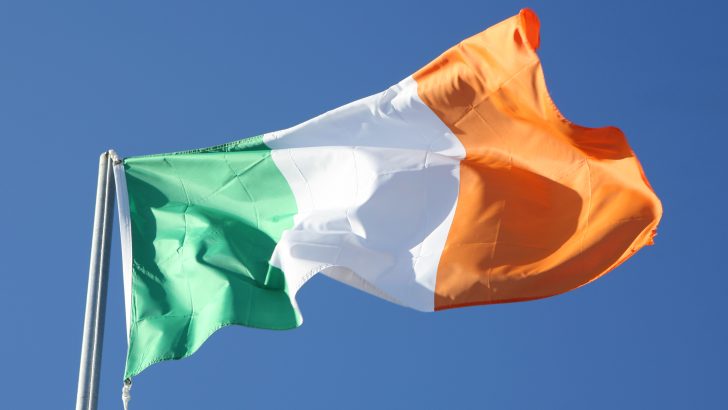The symbiosis between Catholicism and nationalism in Nineteenth Century Ireland was vital in shaping the movement towards self-determination. It was a hugely unifying factor in the founding of the new Free State and overcoming the trauma of the Civil War – whatever our difference on the national question, we worshipped at the same altar every Sunday morning.
The 1932 Eucharistic Congress was surely the culmination in that hand-in-glove relationship between Church and State, and generated a level of enthusiasm among Irish people that has few real parallels. The sheer scale of the event bore striking testimony to the pride in identity, both national and religious, which patently guided the hundreds of thousands of people who participated.
Yet our history probably blinded many to the fact that Catholicism and nationalism have always been – and should be – very uneasy bedfellows. After all, universalism is at the very heart of the Gospel which naturally relativises national identity.
We would do well to keep this in mind as a new form of ethnonationalism emerges that seeks to associate Irishness with Catholicism. The irony, of course, is that many of the self-described patriots who are standing up for Ireland’s identity as a ‘Catholic country’ are not exactly to the fore in the reform and renewal of their local parishes.
If they were present in their local parishes, they would see that the ancient Faith in the ‘land of saints and scholars’ is being renewed by a commitment and fervour that puts many of us to shame.
The so-called ‘new Irish’ are bringing life and vibrancy to many of our tired parish structures. Priests will often tell of how inspired and renewed they are in their own vocations by new Catholic communities from places as diverse as Timor-Leste, India, Nigeria, The Philippines, Brazil, Chile, Croatia and Poland.
In our capital city, Mass is now celebrated in almost two dozen languages as our newcomers show a hunger and thirst for the Gospel that many native Irish people evidently no longer experience. In the latest episode of The Confession Box podcast, Bishop Paul Dempsey speaks of his pride at the vibrancy newcomers are bringing to our parishes (see news pages).
The recent all-Ireland national rosary rally at Knock Shrine was notable for the fact that many of the participants were not from traditional Irish backgrounds. As coaches arrived at the national Eucharistic and Marian shrine earlier this month, it was a real and telling example of a Biblical vision of the Church as coming “from every nation, tribe, people and language”.
Pope Francis often talks of his vision of a humble Church which can receive as well as to give. This is the model of the Church that we need in Ireland as we approach the 1,600th anniversary of when that great foreigner-turned-Irishman Patrick brought to the Faith in 432. That anniversary will be marked in 2032, just five years after the bicentenary of Catholic Emancipation.
There is much to reflect upon in these important anniversaries, not least the deep roots of the Faith on this island sealed in the blood of the martyrs. But, like the Israelites in the Hebrew Scriptures, we would do well to remember that the Promised Land is always in the future – our greatest days were not in the past, despite the splendour and wonder of events like the 1932 Eucharistic Congress.
In Church history, there are always what one could describe as ‘source Churches’. Ireland was such a Church in the aftermath of the Dark Ages, this was true also of the Nineteenth Century as the great powers scrambled for Africa, saintly Irishmen and women left these shores to bring the light of the Gospel.
We are no longer a source Church – and we must have the humility to see that God constantly renews his Church in ways that once seemed unimaginable to us.
A narrow nationalism that would seek to exclude people from our parishes based on where they were born or the colour of their skin will only see parishes wither further. But even more, such views are sinful and profoundly unchristian. Such thoughts have no place among the followers of Jesus.


